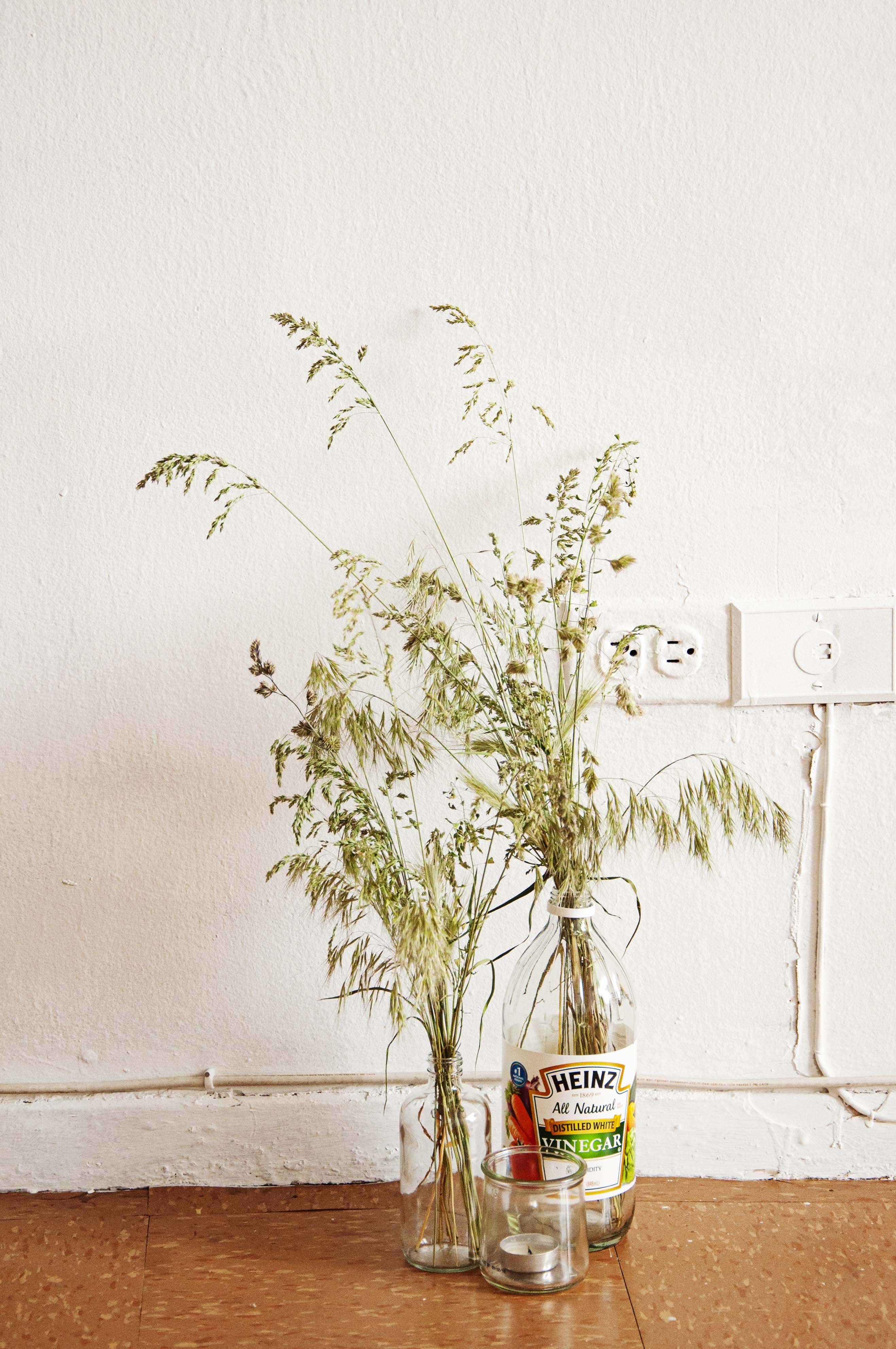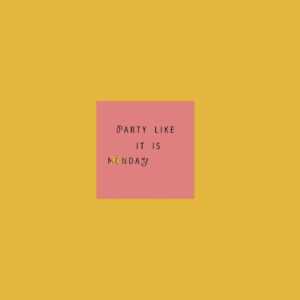Cheers to the third and last part of the “Expecting Everything” experiment! But how did you find part II? Have you thought it a bit odd that the criteria for expecting everything seemed a bit strange? This is because the notion of everything is placed within the self. I know I have not explained minutely, but it is obvious, I hope, from the first experiment that this is not about extrinsic expectations but an intrinsic one.
The first experiment dealt with presence to the body through frightful imaginations: Instead of worrying about how badly things could go with your body, you reverted worry into gratitude by paying attention to how things actually are in your present and by imagining the horrible possible forms that things could have taken and have not. The second part of the experiment aimed to get you to learn of your body and mind by distancing yourself from them. As you observed your body in the mirror and call it by your name, you probably found that it was difficult to say you are not your body nor your mind, and when you should say to it, this is (using myself as an example) Jane’s but I am nameless, you start to wonder, could it really be that you are other than your body? Perhaps you contemplated the concept of the soul and how it continues to exist long after the body rots or turns to ashes. Then you listen in on your thoughts and you say these are Jane’s thoughts. Then you wonder about the mind and its association with the brains, which is also your body. Then perhaps you start to think about how your body’s thoughts are not really your thoughts. Then you begin to wonder if it is really possible that you are truly a consciousness that directs the body and mind you inhabit? Perhaps you were eventually led to this question: if one is not one’s body and one is not one’s mind, then who/what is one? Here’s what I think: the answer is whatever your heart says. Yes, so all these just to better listen to your heart.
Now, here’s what you need to participate in Expecting Everything III
Tools:
+ Consciousness (super self-awareness)
+ Willingness to be uncomfortable
+ Patience
+ Hunger to learn of self
+ A week
Rules:
+ Do not share with others that you are experimenting on yourself until the week is over
+ Take this as seriously as you are capable of but in a light way
Experiment:
+ For seven days when you catch yourself worrying, start to pay attention to where you actually are at present, then navigate the mind to the awareness that you are sufficiently comfortable in the present and stream some convincing images of how much more difficult things could be but are not. (That is a repeat of experiment I.) Then with this mindset try to milk your present for every drop it is worth. By this I mean enjoy it by doing with it something true and beautiful. This means you take a nap if that is what feels right, or you start a long essay on how interesting you find the banana peel. It is important that you do what is true only so you can be free of it and move on with a richer experience that promotes your self-growth. If you do that which is false, like have tea with a peer instead of the nap you really need, or write on why mosquitoes are a nuisance rather than the banana peel you really want to write about, it becomes a problem that you drag along until faced. And if you forsake your truth for a lie, you give up the opportunity of getting to know yourself better and expanding your comfort zone.
+ As often as you can for seven days, think or say to yourself, I am consciousness beyond body and mind (i.e. repetition of experiment II). Then each day, about an hour before bed or a few minutes after you wake up, ask your heart, who am I? Record your answers in writing or audio or any form that is more enjoyable to you. If there are no answers, do not worry. Also try not to get frustrated or confused. Believe the answer will come when you are ready. It may take a day or a decade and that is fine! Thus you must be honest if you really want the truth and when a false thought presents itself as an answer you must dismiss it. Also note that the truth might feel uncomfortable and even a bit scary; but you will know it to be true even if it makes you feel naked.
+ And yes, have fun!
—
Jane
P.S. Some ideas for these experiments were inspired by my reading of the Discourses by Meher Baba.
P.P.S. Stay tuned for a conclusion on the “Expecting Everything” Experiments.



